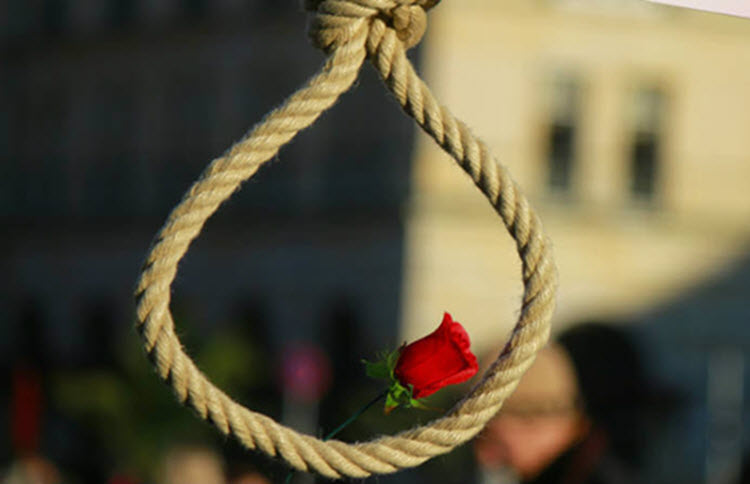
By Pooya Stone
On June 10, two inmates in the notorious Greater Tehran Penitentiary (Fashafouyeh) stabbed Iranian political prisoner Alireza Shir-Mohammad-Ali to death.
Shir-Mohammad-Ali had been arrested and detained in July 2018 and was sentenced to eight years in prison following an unfair trial in the regime’s preliminary court in which he was convicted on charges of “insulting Islamic sanctities,” “insulting the supreme leader” and “spreading propaganda against the system.”
Shir-Mohammadi had been on hunger strike from March 14 to April 16, 2019, protesting against prison authorities’ refusal to separate ordinary prisoners from political prisoners, poor hygiene and cell conditions, and lack of security in the facility.
The bad situation of prisoners, especially political prisoners in Fashafouyeh prison, has constantly drawn protests from the prisoners as well as observers inside Iran and abroad. Some of prisoners have described the conditions in the facility as “inhumane.”
On June 11, in a statement, the National Council of Resistance of Iran (NCRI) declared that the death of Shir-Mohammad-Ali highlights once again the need for the international community to take note of the critical conditions in Iran’s prisons, especially regarding political prisoners. The NCRI called on the UN Security Council and its member states, the European Union, the UN High Commissioner for Human Rights, UN special rapporteurs and other international human rights bodies to condemn the Iranian regime’s crimes and, as prescribed by NCRI president Maryam Rajavi, to assemble a delegation for a thorough inspection of the prisons of Iran.
While the murder of 21-year-old prisoner of conscience Alireza Shirmohammadi in Fashafouyeh prison as “shocking,” Amnesty International extend its heartfelt condolences to Alireza’s family in a statement and called on Iranian authorities to conduct an investigation into his death.
Iranian political prisoners well know the Iranian regime’s tactics to pressurize them by detaining them with ordinary prisoners or depriving them of medical care and family visits.
Iranian authorities show no restraint in massacring prisoners. A stark example is the massacre of 30,000 political prisoners, mostly members and supporters of the Mujahedin-e Khalq (MEK), or People’s Mojahedin, in 1988.
The massacre of Iranian political prisoners in mid-summer of 1988 is considered to be the largest massacre of political prisoners after World War II.
“It is a crime against humanity in which all the factions of the theocratic regime ruling Iran took part, a sea of blood in which Islamic Republic founder Ruhollah Khomeini baptized all his regime”, one Iranian dissident who wished to remain anonymous told Iran Focus.
In response to the international protests against the torture and the execution of political prisoners in Iranian prisons, officials including then-prime minister Mir Hossein Mousavi and then-foreign minister Ali Akbar Velayati, on the recommendation of Khomeini, would answer: “We have no political prisoners in Iran.”
Khomeini had told them to call the MEK and other political prisoners “terrorists” and never admit to the existence of any “political prisoners” and never talk about them with any political or legal entities in the world, the dissident said.
That dissident made an appeal to the global community.
“It is upon the international community to show a strong reaction to the blatant human rights violations of the Iranian regime and to avoid sacrificing the human rights of the Iranian people for its economic interests. Giving the mullahs free hand to trample the rights of the Iranian people and to continue its warmongering and terrorism will only provoke the regime to further commit crimes.”


